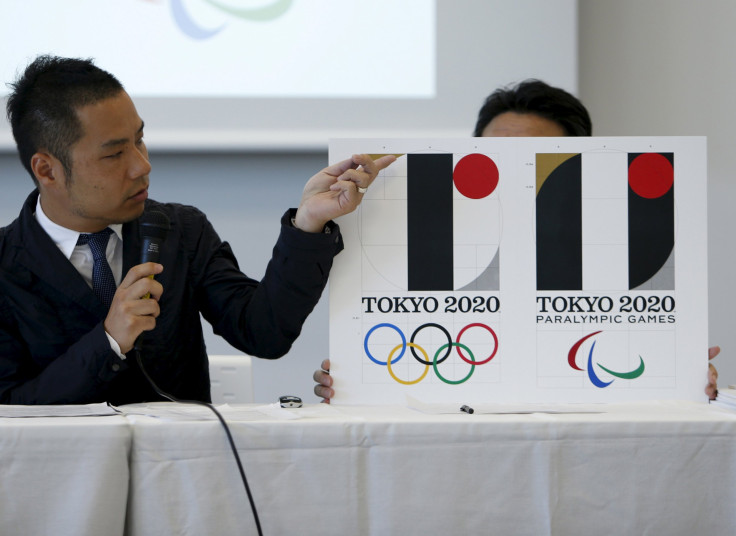Japan To Drop Tokyo 2020 Olympic Logo Designed By Kenjiro Sano After New Plagiarism Allegations

Tokyo Olympic organizers are set to stop using the logo for the 2020 Games after fresh allegations of plagiarism, the country’s national broadcaster NHK reported Tuesday. It was not clear if the move was temporary or if the logo would be scrapped completely.
The logo was designed by Kenjiro Sano, who, so far, had received government support despite allegations of plagiarism. However, the support is expected to be withdrawn soon as the latest allegations claim that Sano used an image for the logo from someone else's website without authorization, the Associated Press (AP) reported, citing NHK.
Organizing committee members are set to meet later Tuesday to discuss the issue and announce a decision. Prime Minister Shinzo Abe told reporters that the organizing committee was making "an appropriate decision" and that the Olympic must be an event that is celebrated by everyone, AP reported.
The latest plagiarism allegation, which came to light late Monday, claimed that Sano took a picture from someone else’s website and used it for the logo. He allegedly changed part of a photo, which showed an airport lobby, and replaced pictures of banners in it with those of his Olympic logo. The AP report, which cited the footage by NHK, also said that details, including the people on the floor, were similar.
The logo has been embroiled in controversy since its release in July. Last month, Olivier Debie, a Belgian graphic designer, filed a lawsuit against International Olympic Committee, stating that Sano's logo was very similar to the one he had designed for a local theater. Sano, who has also faced other plagiarism accusations in the past, denied Debie’s allegation.
"I want Mr. Sano to provide an explanation. I feel like we have been betrayed," Tokyo Gov. Yoichi Masuzoe told reporters earlier Tuesday, according to AP.
The scandal is the latest hurdle for Japan, which had to also cancel its initial design for the new main stadium, after public uproar against the high estimated costs. Last week, Tokyo promised to keep the cost of construction of the main stadium at 155 billion yen ($1.28 billion) instead of the 265.1 billion yen proposed before, according to Reuters.
© Copyright IBTimes 2025. All rights reserved.






















